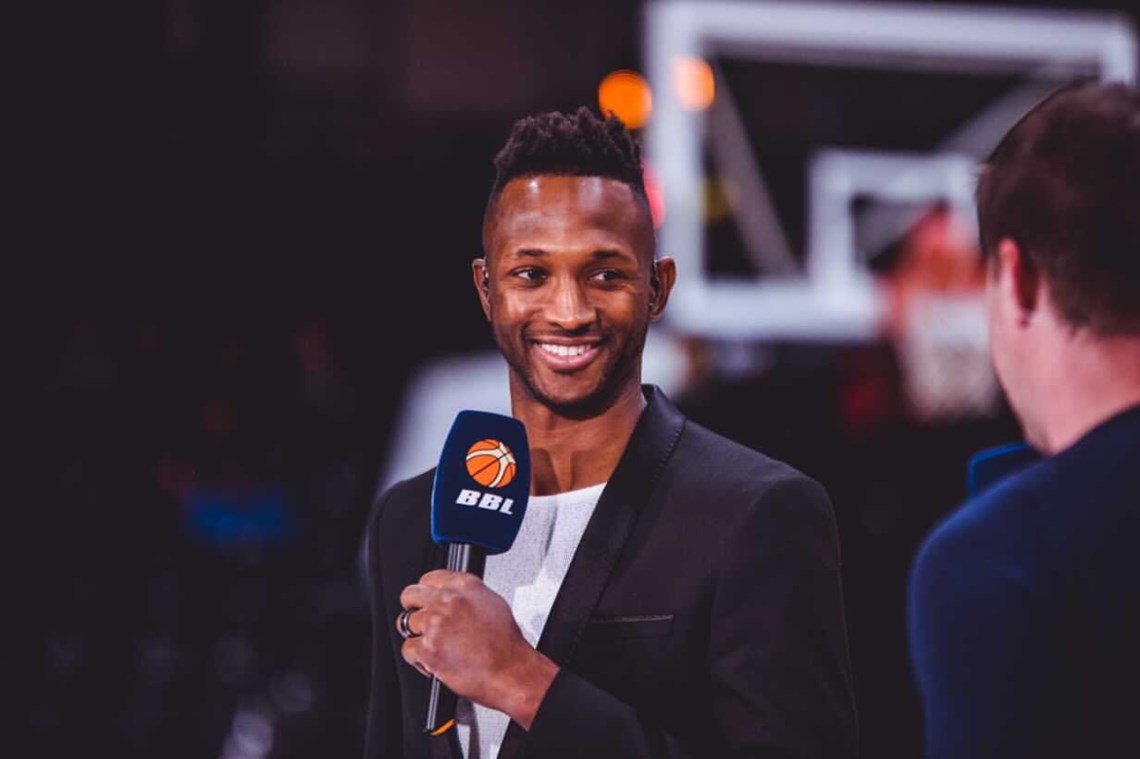
_____________________
November is Men’s Health Awareness Month and within it is International Men’s Day. Like all these awareness campaigns, it just gives us a moment to take a pause and to understand the perception of something – in this case, what it is to be a man.
I like to think about how I grew up in the late 80s and 90s and how masculinity has changed. Now, you can be vulnerable; it’s okay to be sensitive and emotional, which are words that weren’t tied to manhood 20 years ago.

Through fatherhood, I discovered a side of me that I didn't even think existed. I have a daughter and felt very comfortable in the role of being a girl dad, being really fun etc, but when I had my son, I honestly thought that I would be pretty stern, pretty tough; almost raise him how I was taught being a man should be. But I’m completely the opposite. I kiss and cuddle him way more than I ever imagined and the way I engage with him is through being open, vulnerable and emotional and knowing all those things are actually okay. Having a son really taught me that I am that way and it's okay to be that way.
Nothing that you do is because of you, everything you do is because of the people along the way that helped you, even if it was just for a split second. There are so many people that have had a hand in my own success.
I started the 21 Foundation on that very idea, to be able to help others, whether it’s just a message of support or financial assistance or mentoring. To be able to help someone else to get to where they're trying to go. To be a positive avenue and provide a resource or an opportunity for them to be successful.
There are many different physical and mental pressures that you deal with when you play professional sports, and at every level I've played, coaches were always looking at who was mentally tough. Assisting players who were more fragile was frowned upon and perceived as weak. Thankfully, that mindset has changed and lots of coaches, teams and organisations are putting in resources and an extra layer of support to help players with their mental health.
At Northumbria University, where I’m head coach, we have a mental health professional attached to the team and every Monday my players have an hour of mental training with Helen. They also have access to her individually anytime throughout the season. I didn’t realise how much of a positive impact she could have, so this season I asked her to sit on the bench on game days, along with travelling to away matches. Her programme trumps practice time on court because mental well-being became the priority for me. If you’re not mentally right, then you are not going to be able to perform at your optimum.
Through The BBL Show podcast, we have touched on mental health with professional players like Kofi Josephs and Kieron Achara MBE. I think it’s important to leave the door open to have these types of discussions on platforms like podcasts, where it can be talked about openly by public figures, sports men and women. Seeing your heroes be open makes it comfortable for the public to discuss it openly also – ‘if this guy is okay with being open with his mental health, then maybe it’s okay for me to be comfortable with it as well’.

When I reflect on my career, I was always a fan favourite because of the way I played, and in the locker room, I was always the ‘glue guy’ that got along with everybody. I have the kind of personality that would mediate the group and was well respected. Now that I have retired and become an analyst, I have had to navigate the less positive side of social media. At times it can be frustrating to see people express negatively far quicker than acknowledge the positive work that you do. However, I understand that it comes with the territory and that you have to shield yourself from it. You can't take it personally; you have to understand that if you're going to be an outspoken public figure, you've got to give opinions and it's either a crowd that loves what you have to say or hates it.
Basketball has always been my escape. It was the only environment where the rest of the world was totally irrelevant, and my mind wouldn’t waver to my problems and struggles. When I retired, I was trying to figure out what that new space was going to be, and I’ve found that hot yoga has been that escape for me.
When I first started it, it was very difficult for me to focus, I would be thinking about everything else externally besides the moment. As I got more consistent with the classes, it allowed me to hit the reset button and become laser focussed on what my goals are and what I’m trying to accomplish; to block everything else out. I liken it to Bill Belichick’s mantra of ‘ignoring the noise’, I can filter out anything that I see online that might be perceived as negative or might be perceived as trying to bring me down, and I just focus on me.
.
.

Whether you have a Supporter Account as a fan, follower, enthusiast or advocate, or a Full Account and have paid for a licence to play, coach or officiate in competition, you can enter our prize draw.
Basketball has the power to change lives. Our #GameTime campaign aims to raise awareness of the positive impact that basketball can have on people no matter who they are or where they are from.
.
.
